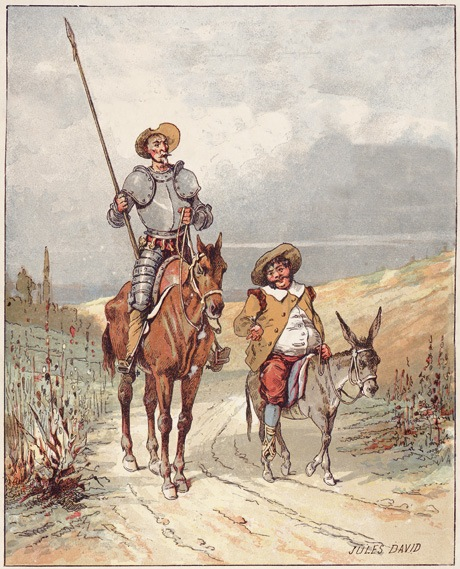SEPTEMBER 22, 2022 – After crossing a whitewater stream, today I reached the opposite, “30-day” shore. My feet are wet, but I’m now standing and admiring terra firma. In this achievement I find relief. The hiking path ahead follows the winding brook, yet I’m confident my course will remain on solid ground.
I turn, then, from intense focus on stepping stones to a more relaxed walk along an established path. Though I need to stay alert for roots, rocks, and an occasional log across the trail, I can afford to lift my eyes from the route itself and view the scenery that lines it.
My sight is drawn to the beauty of our planet—both in its natural state and as affected by our foot- and fingerprints. As much as I savor the pristine in nature, I find equal inspiration in our own manipulations—the arts, architecture, creative diversions, and constructive endeavors to improve humanity’s present and future lot.
But I can’t ignore the bad, the ugly, and the dysfunctional—afflictions that often result from the absence of “strategic thinking” in political discourse and policy-making. I fantasize that We the People, not to mention “They the Leaders,” could change the course of human events by adopting a strategic perspective.
It seems that humanity stumbles chronically from one crisis to another. Often crises are created out of whole cloth, as in the American invasion of Iraq in 2003 or the Russian invasion of Ukraine early this year. But in large part, our big-country troubles—the disjointed, devil-may-care approach to public health; a major political party’s embrace of demagogic nonsense; the failure of basic infrastructure (think inner-city schools and water in Flint and Jackson); an ostrich-in-the-sand approach to climate change (to list a few)—reflect our failure see and secure common, strategic interests.
By nature we’re myopic, transactional creatures. If individually we can plan about moving to a new home, planting a garden, preparing for retirement, and funding our kids’ education (without probing why it should cost so much or how best to define “education”), none of such personal planning addresses our collective, broad-based security and well-being.
Ubiquitous, omnipresent marketing, all geared to our individual fears, needs, and desires, heightens our myopia. Capitalism, for all its productivity, innovation, and wealth generation, fails us as much as it rewards us. Yet, experiments in central economic planning and top-down rule—even when initially intelligent, well-informed, and ostensibly enlightened (See António Salazar of Portugal)—produce inevitably worse results. Only in small, relatively homogenous societies with “can do” traditions (e.g. modern Denmark; Finland; Iceland) does long-term thinking appear to find successful cultivation.
To what, then, should we devote our lives: making quixotic gestures or haphazardly weaving the energy of one generation into the sparks and sounds of the next? Absent quantum leaps in our evolution (or AI development), our destiny will doubtless continue as a tapestry of random design rolling off the unpredictable loom of civilization. Only in a dream state can we achieve collective nirvana.
(Remember to subscribe to this blog and receive notifications of new posts by email.)
© 2022 by Eric Nilsson
